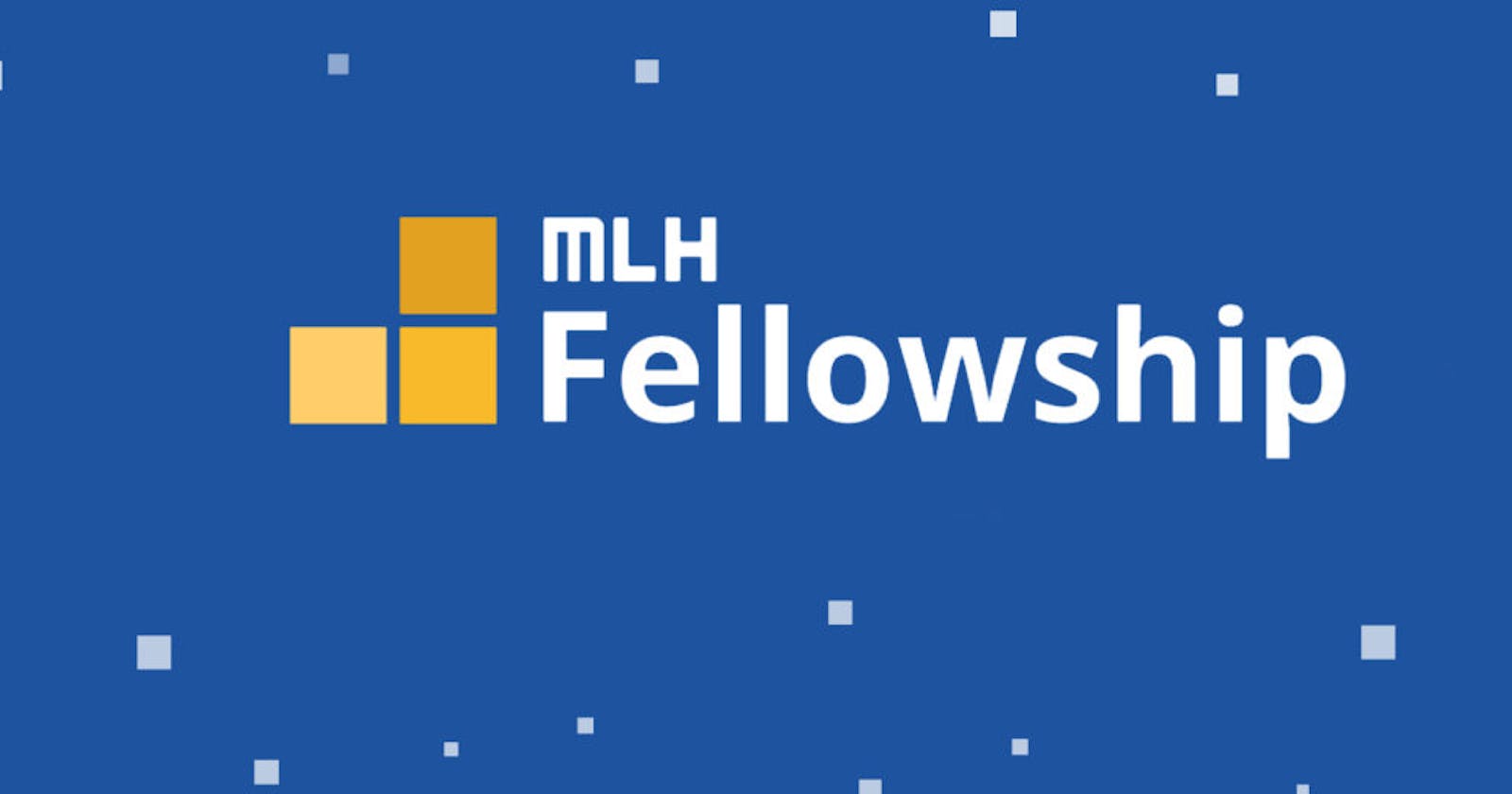Introduction
The MLH Prep Fellowship is an intensive 3-week experience, during which fellows get to build their portfolio of personal projects, experiment with new technologies, and collaborate in small groups. The Prep Program is designed to quickly build technical skills and experience for candidates who wish to pursue the full MLH Fellowship in the future. Over three weeks, participants work on various projects and learn from experienced mentors.
It's been almost a week in the MLH Prep Fellowship's April batch and the journey so far has been nothing short of amazing. In this blog post, I will share my experiences of the first week of the fellowship, including key insights and learnings.
Week 1
Our pod leader, Aksh Gupta, started the program off with a unique introduction session where we were asked to introduce someone else in our pod rather than ourselves. This was a great icebreaker and helped us get to know each other better right from the start. Aksh then briefed us on the plan for the next three weeks, the projects we'll be working on, and how to get help when stuck. He also introduced us to stand-ups and Lightning Talks.
Stand-ups are daily check-ins where we discuss what we accomplished since the last stand-up, what we want to accomplish before the next, and any blockers we faced in between.
⚡ Lightning Talks ⚡ are opportunities to give presentations on any technical topic of our choice. I'm excited to give my Lightning Talk next Thursday and share something useful with the rest of the pod. Yesterday, Tomas gave a wonderful talk on the Jekyll framework.
Over the next few days, I had the opportunity to connect with my pod mates from various parts of the world, including Spain, Nigeria, Canada, the USA, and India. It was truly awesome to learn about their cultures and histories and about their hobbies other than coding too. And I am sure this experience of collaborating with people from different time zones will come in handy when working in remote + global teams. 🕰
This week, we worked on a portfolio website project, which had 14 open issues to work on, and we were each paired with a partner and assigned two issues to work on. I started working on an issue to write a GitHub Action to compress images being pushed to the repo, which helped in improving website loading time. I worked with my pod mate, Ikeh, on this issue, and we submitted a PR that was merged. It was nice to learn about GitHub actions and workflows since I had seen them a lot in open-source projects but never understood what goes on under the hood.
I also worked on another issue with Priyanka that had three tasks, for which I submitted two separate PRs. However, Aksh made me realize that creating multiple PRs for small issues is not a good practice. I also learned about keywords like Fixes, Closes, and Resolves, and how they work. This was a valuable lesson, and I'll keep it in mind for future projects. Quoting him below:
" When you write "Fixes #13" in a PR description, it automatically closes that issue when the PR is merged. So if two PRs have "Fixes #13" written on them, the issue would get closed when the first PR is merged, when the issue is actually not completely solved."
By the end of the week, I also received feedback from Aksh regarding duplicate commits on two of my PRs, which I later understood was due to a branching mistake that I had been making for a long time. The pod members helped me find solutions, and everyone was always willing to help out whenever needed.
So here's what went wrong: I was working on two branches and making changes respectively. But when I tried to merge either of those branches, commits from the other branch also started attaching themselves to that PR which was not intended.
Explanation: If you created branch3 while on branch2 using git checkout -b branch3 and made additional commits on branch3, then when you merge branch3 into master, the changes from both branch2 and branch3 will be included in the merge commit that is created.
Solution: As pointed out by my pod mate, Lakshya, switching to the main/master/default branch before creating a new branch helps. I made a dummy repo on GitHub and tried it out for myself and it worked! 🥳🥳🥳
Conclusion
Overall, the first week of the MLH Prep Fellowship was a great learning experience for me. The program helped me to improve my technical skills and knowledge while providing me with the opportunity to connect with people from diverse backgrounds. I'm excited about the upcoming weeks of the fellowship, where we'll be working on a ReactJS project.
